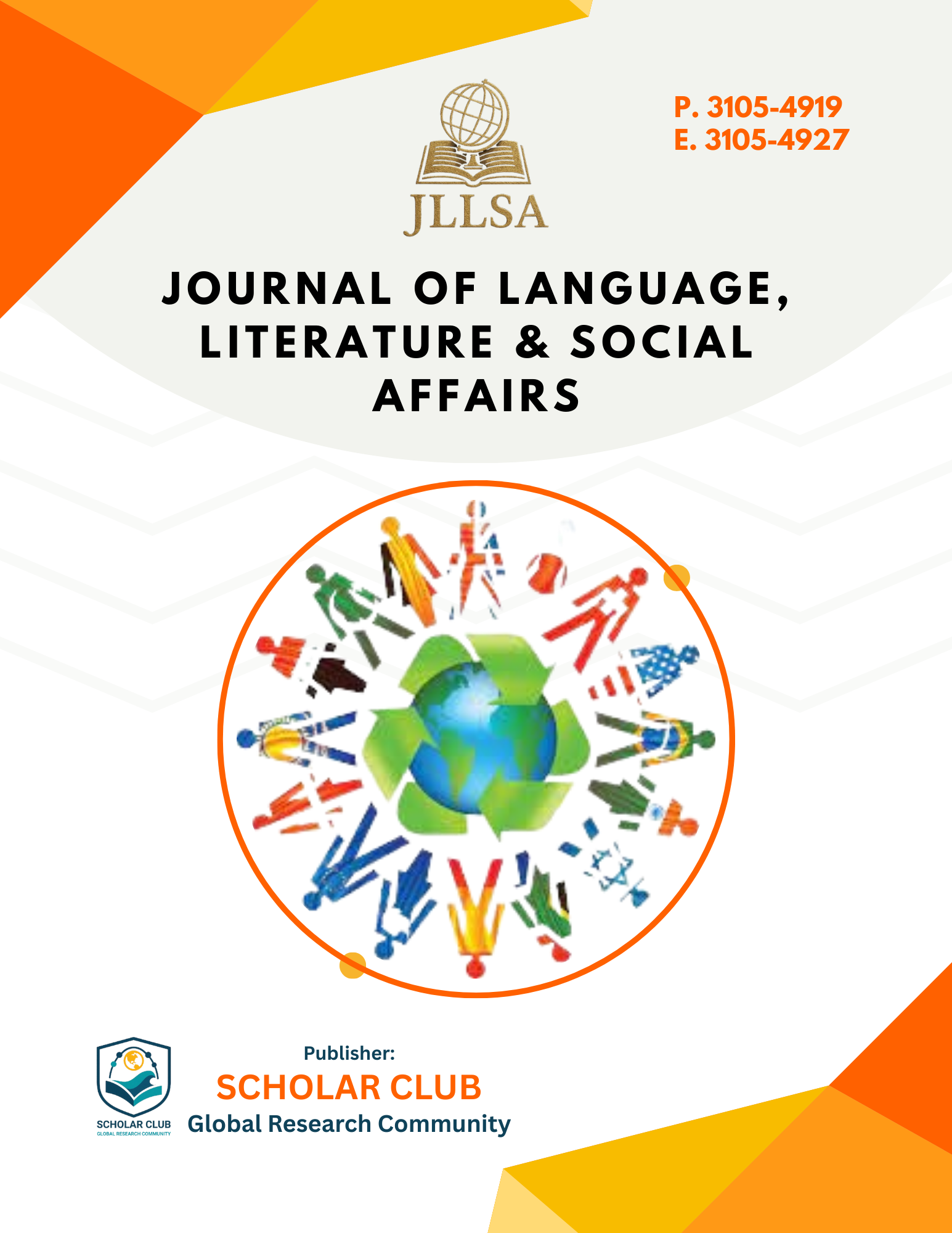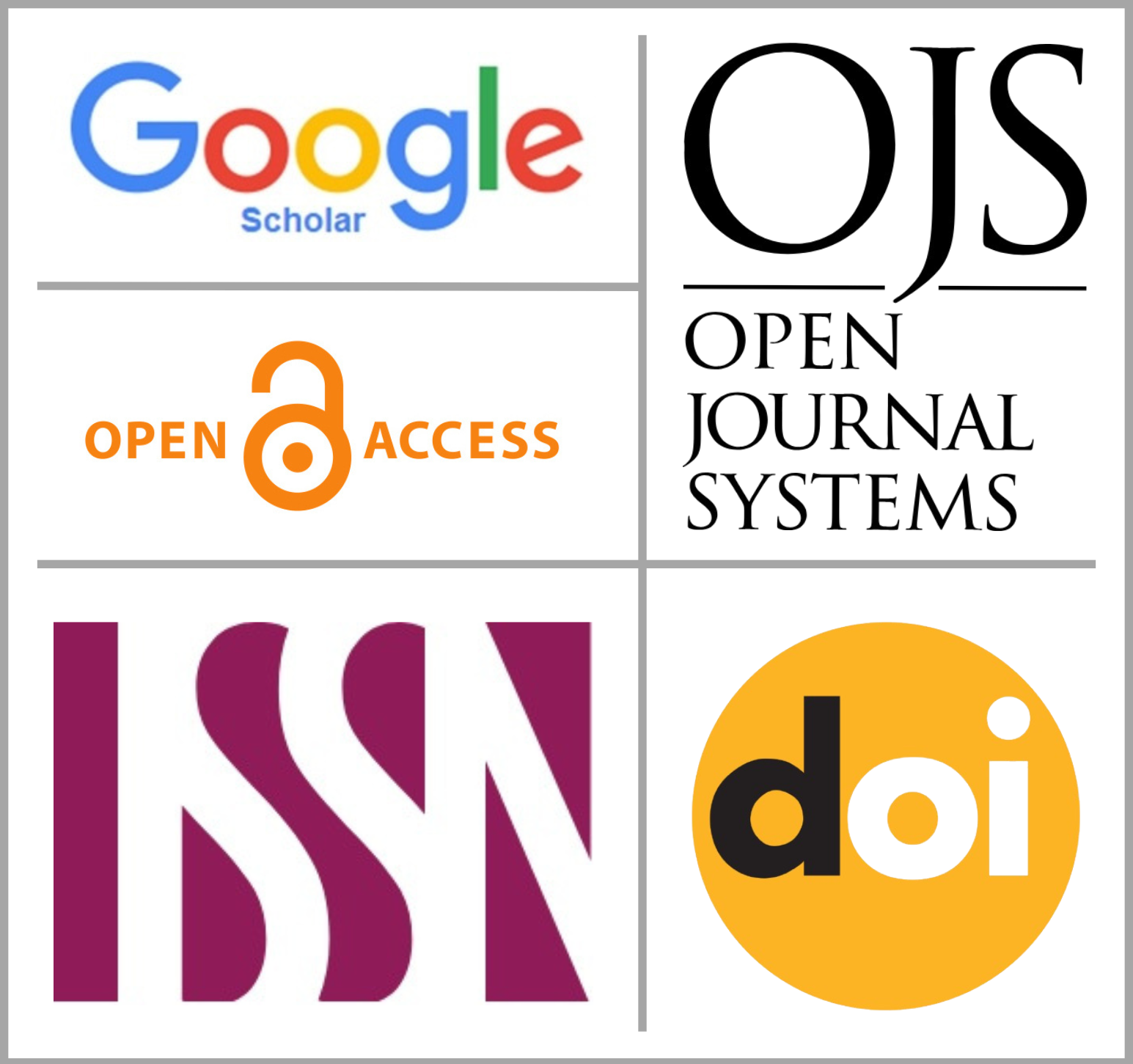Relationship of Anxiety Willingness to Communicate, Creativity and Self Esteem in Academic Success/Failure: Standpoint of Pakistani EFL Undergraduates
DOI:
https://doi.org/10.63056/jllsa.1.1.2025.1Abstract
This study explores the relationship between anxiety, willingness to communicate, creativity, self-esteem, and academic success or failure among Pakistani EFL (English as a Foreign Language) undergraduates. The research aims to understand how these psychological factors influence the academic performance of students in a non-native English speaking context. The study employs a mixed-methods approach, combining quantitative surveys to gather comprehensive data. The sample consists of undergraduate students from various universities across Pakistan, providing a diverse representation of the EFL learner population in the country. Preliminary findings suggest a complex interplay between the variables. High levels of anxiety appear to negatively impact both willingness to communicate and academic performance. Conversely, high self-esteem and creativity seem to foster a greater willingness to communicate, potentially leading to better academic outcomes. However, the relationship between these factors is not straightforward and is mediated by various individual and contextual factors. The study underscores the need for a holistic approach in EFL instruction in Pakistan, taking into account not just language proficiency but also psychological factors that can significantly impact learning outcomes. This research contributes to the growing body of literature on the psychological aspects of EFL learning and provides valuable insights for educators and policy-makers in Pakistan and similar EFL contexts. Further research is needed to validate these findings and explore the implications for pedagogical practice.
Downloads
Published
How to Cite
Issue
Section
License
Copyright (c) 2025 Journal of Language, Literature & Social Affairs

This work is licensed under a Creative Commons Attribution 4.0 International License.







